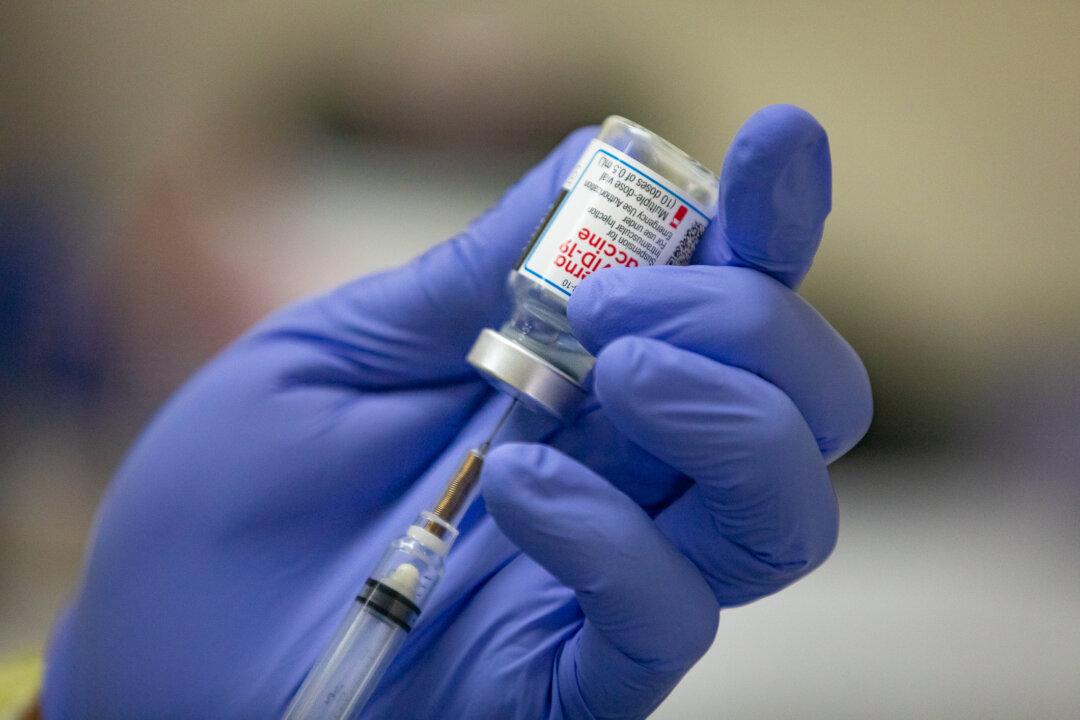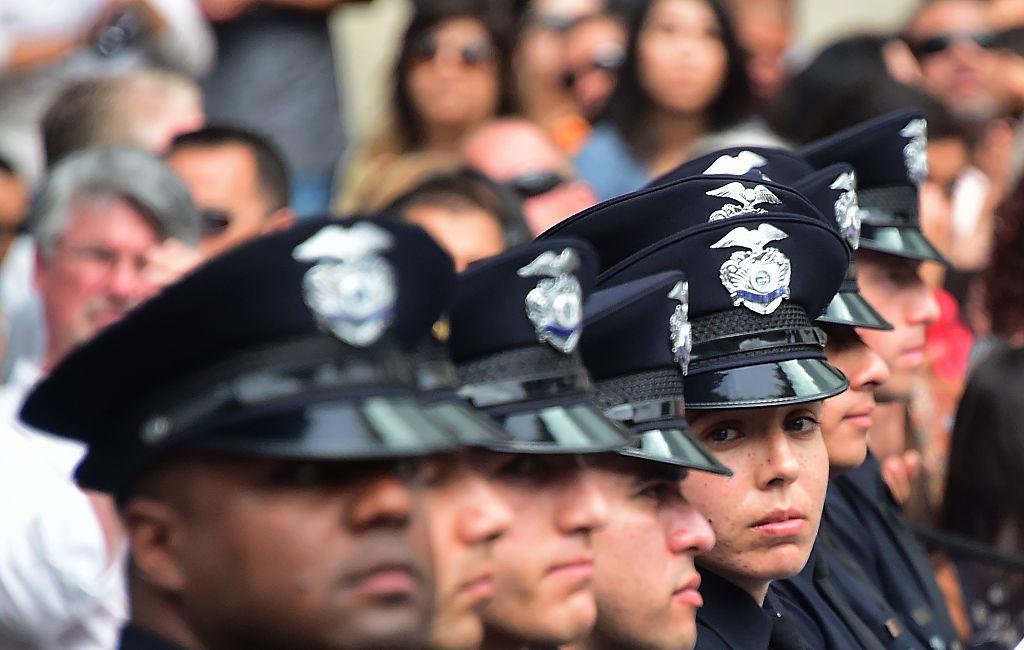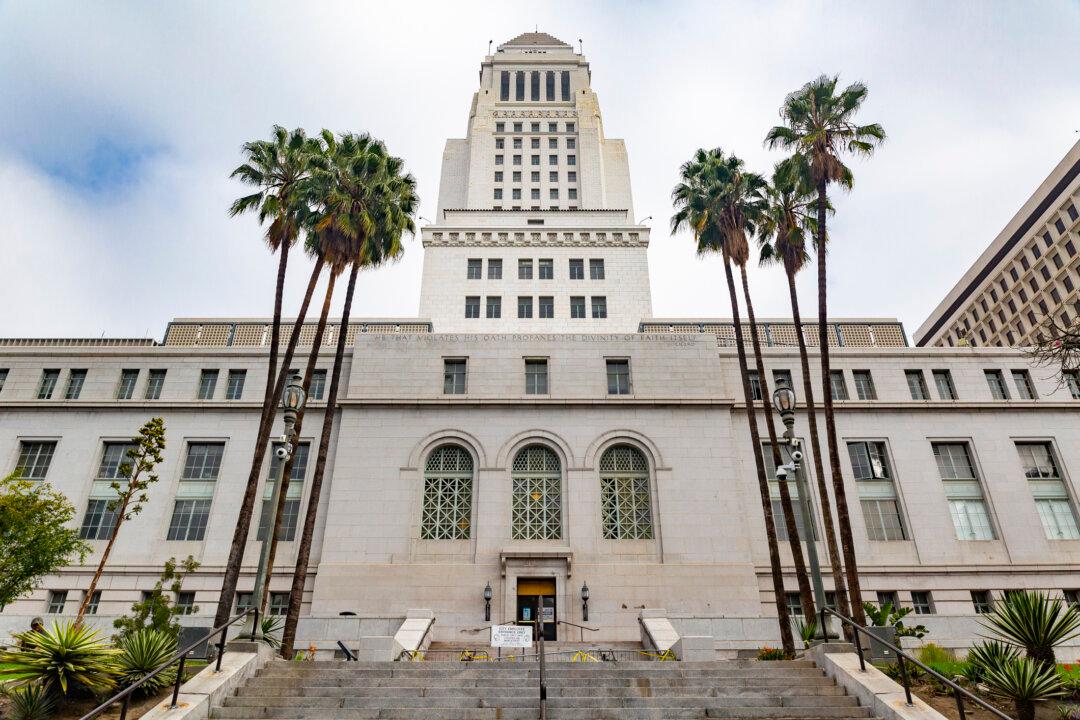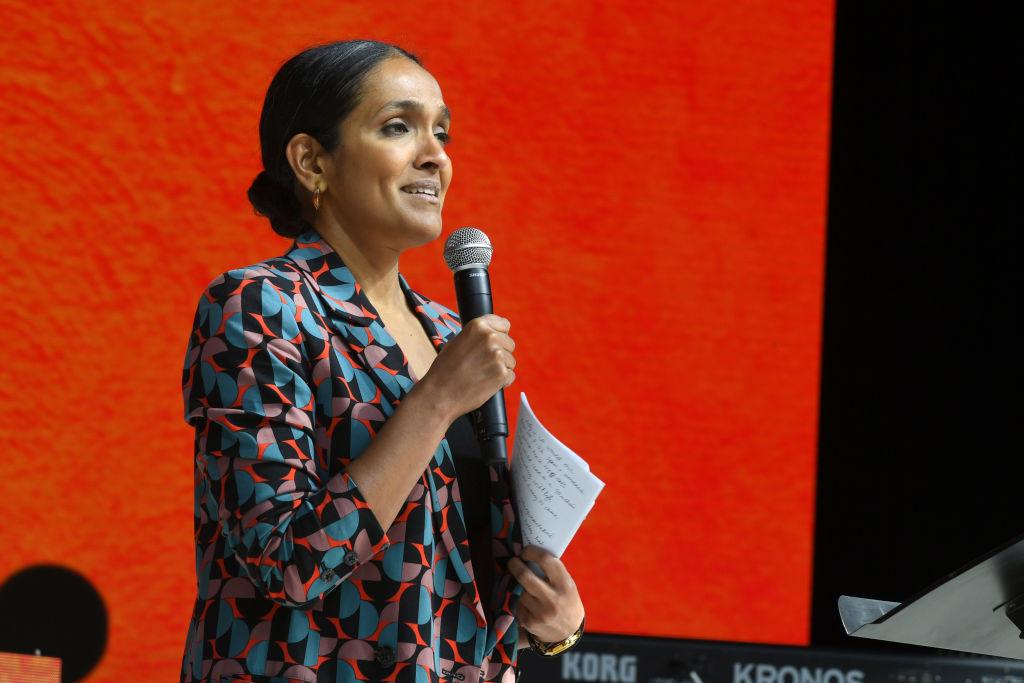SACRAMENTO—A group of Democrat lawmakers introduced a bill on Feb. 10 that would mandate all workers to be vaccinated against COVID-19 in California, even as omicron cases continue to plummet statewide.
Assembly Bill 1993, authored by Assemblywoman Buffy Wicks (D-Oakland), is part of a series of bills generated by a coalition of state legislators—the Vaccine Work Group—aimed at developing policies to create stricter inoculation laws.





